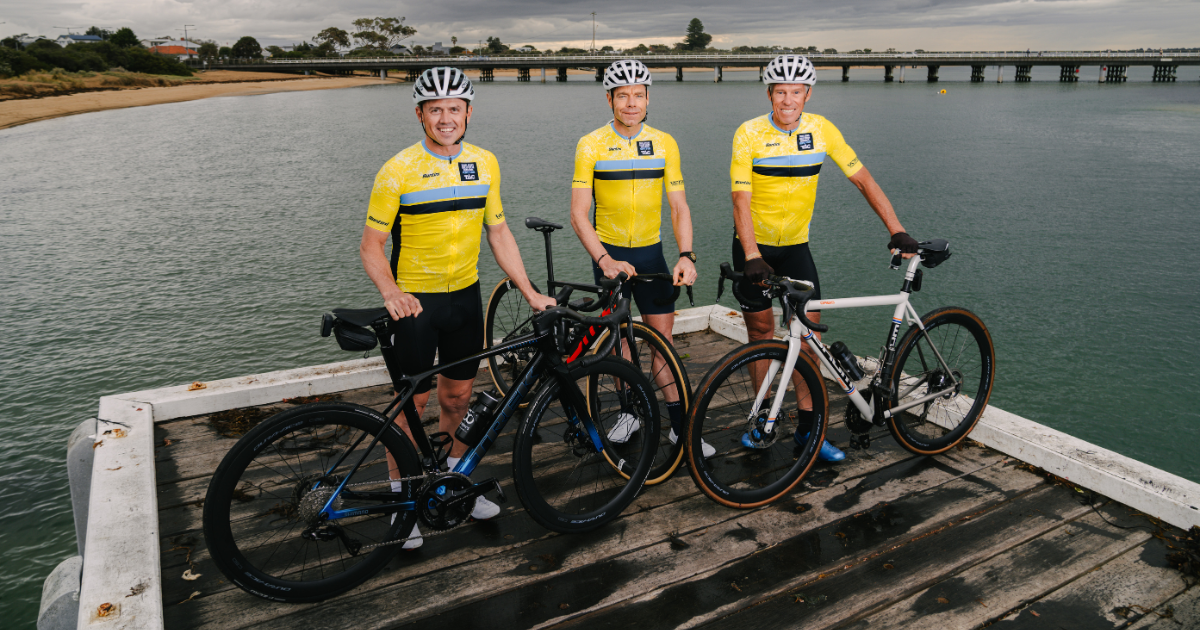Better indigenous health and beating cancer – Queen’s Birthday honours

Collaborative challenge: Sandy Anderson has loved every nursing role in her almost fifty-year career. Photo: CHIPPY RIVERA
SINCE her youth, Sandy Anderson has had a passion for helping other people heal.
Becoming a nurse in the early 70s, her niche for the last 30 years has been cancer prevention.
“I’ve worked in hospital nursing, district nursing in Ballarat, Ballarat Community Health centre and Women’s Health Grampians in health promotion, and now working at the medical clinic at BADAC,” she said.
 At the Ballarat and District Aboriginal Co-operative, Ms Anderson has been “privileged” to work with the Aboriginal and the Torres Strait Islander community for nearly 10 years.
At the Ballarat and District Aboriginal Co-operative, Ms Anderson has been “privileged” to work with the Aboriginal and the Torres Strait Islander community for nearly 10 years.
“In that work, I’ve been in partnership with the community, focused on participation in cancer screening, which we know has a preventative factor for cancer development.”
Much of that work has been and is with women, focussed on cervical cancer and breast screening.
“For all people over the age of 50, that cancer screening has included bowel screening, and we’ve just finished participating in a special pilot to make that more accessible for community members,” Ms Anderson said.
Part of a “dedicated” team at BADAC’s medical clinic, screening rates for Aboriginal and Torres Strait Islanders are positive, especially amongst women.
“If I look at cervical screening particularly, the work and strategies implemented have increased the Aboriginal and Torres Strait Islander screening rates up to 70 per cent of the community being well screened.
“Whilst it’s not 100, that’s the goal you aim for – to achieve 70, and of course, always work goes on for the last few. But I’m proud of the work that’s occurred there because it means the community is less likely to experience cervical cancer,” she said.
“We’re always aiming to improve, but it’s been a successful partnership with the community.”
Asked to serve on the Breast Screen Victoria board from 2007 to 2008, Ms Anderson was chair. A former board member of the VCS Foundation for 20 years, she spent half a decade as its chair, too.
“The VCS Foundation has the cervical screening lab, a public not-for-profit lab, their research arm, and digital health arm,” she said.
“I’ve been lucky to have the opportunity to work closely with the Cancer Council Victoria’s cancer prevention arm, and I’ve done that for 20 years as a nurse, advising them on clinical issues and providing assistance in directions for their programs.
“That’s something I continue to enjoy, and part of that has been working with nurses all over Victoria that provide cervical screening, work with women to encourage other screening, and men with bowel screening.”
Serving on committees for State and Federal health departments, Ms Anderson was an advisor for the renewed cervical cancer screening program.
For service to cancer prevention, and to Aboriginal women’s health, she has received a Medal of the Order of Australia in this year’s Queen’s Birthday honour list.
“I’ve taken notice of awards in the past, and I don’t know how common it is for nurses to get awards, so I’m particularly honoured to receive an OAM for my work as a nurse.
“I’m blown away. I never expected to receive it, it’s very special and exciting,” she said.
As the Australian Primary Health Care Nurses Association’s 2012 Best Practice Nurse for Sexual Health, Ms Anderson has never had a job she hasn’t loved in her almost fifty-year career.
“There’s always a challenge, lots to do, and it’s wonderful to work in these organisations with a group of people focussing similarly.
“I’m still enjoying my work and loving what I do at BADAC. Every day is another great day working to improve the community’s health,” she said.


















